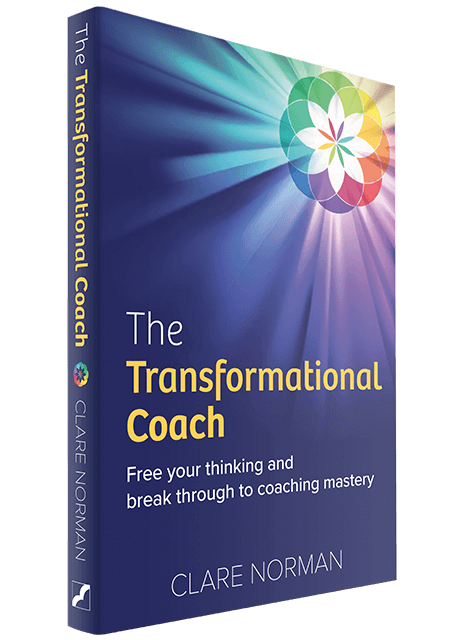In this series, we’re looking at how to use coaching to support a phenomenal employee experience during the transitions that employees encounter in their careers. Coaching isn’t the only intervention of course, but it can help the employee to work with the psychological impact of change – what are they leaving behind, what are they struggling with in the “not knowing”, and how do they make a great new beginning.
This week, we start with joining the workforce for the first time.
If you think about a hierarchy of needs, the graduate new hire will have some very basic needs to start with, for example the practical stuff for their first day – what to wear, where to go, what to bring, who to ask for. You don’t need a coach for that – it’s information they need at this stage. Before this though, you can capture their hearts and minds, connecting them with the culture and history of the organisation. Why wait until day one to do this when you can start to integrate them from the time they accept the job?
Once these needs are met, the graduate new hire may need a healthy dose of reality. They often come into the workplace with grand plans about how their knowledge can change that workplace for the better. Their expectations often don’t match what their employer wants them to contribute.
The business needs the following from a new graduate:
- people with basic professional skills, such as written and verbal communications skills
- people with technical proficiency
- team play
- ability to use company tools, processes and procedures
- people with a growth mind-set, rather than a fixed mind-set
- arms and legs to do the administrative side of the work
- quick learners
- people prepared to give their all – time and brainpower
- people who will meet personal due dates, usually short-term by managing own time
- people who will live by the company values
The new employee probably won’t get the amount of responsibility and authority that they think they should, because there is some real world learning to be had first. Moving from education to work is a big leap, and requires some skill-building that they may not have received in school (unfortunately). I don’t mean to diminish the enthusiasm – or knowledge – of the new joiner, but I recognise from my own experience that there is still a lot to be learned about how an organisation works.
This is where they need some good quality mentoring and really good line management, to help the graduate new hire to get an understanding of:
- how to operate in a company culture, and how that is different from their previous college culture
- the standards required around here
There is a balance between that reality check and the building of self-esteem. The first manager a person has can make or break a new employee’s future career prospects, because that’s all about belief in themselves and their potential. This is where they need:
- stretch assignments that support their learning
- a caring, developmental first supervisor
- regular feedback about their progress
- ownership of small projects where they can make mistakes that help them to learn
- ability to use their initiative and creativity
Ok, so where does coaching fit in? Coaching can help the new hire to determine where they can add value and contribute to the organisational needs. How do their strengths and passions meet the needs of the business? It can also help them to make the transition from college to work, enabling them to identify those behaviours that they need to leave behind and those that high performance learners embrace. Ideally, this coaching should start before they join the company, to get them ready for the transition. They might choose to ask their line manager for this kind of coaching, or more likely someone neutral, with no performance management responsibilities for them – an internal or external coach.
We mustn’t forget the importance of a network of peers to swap ideas with, to get personal results, and social opportunities to get to know work colleagues.
All in all, we’ve seen how important relationships are to the new joiner. The mentor, the first line manager, the peers, the coach all play a part in creating a phenomenal employee experience for their new joiner in their first year of work.



